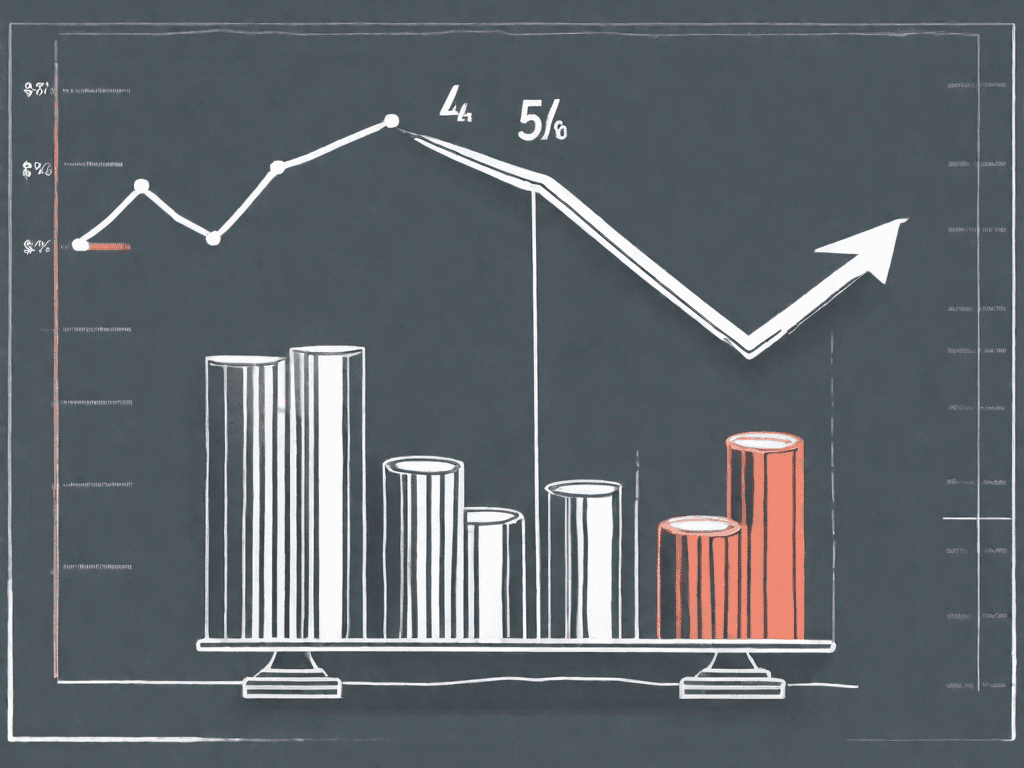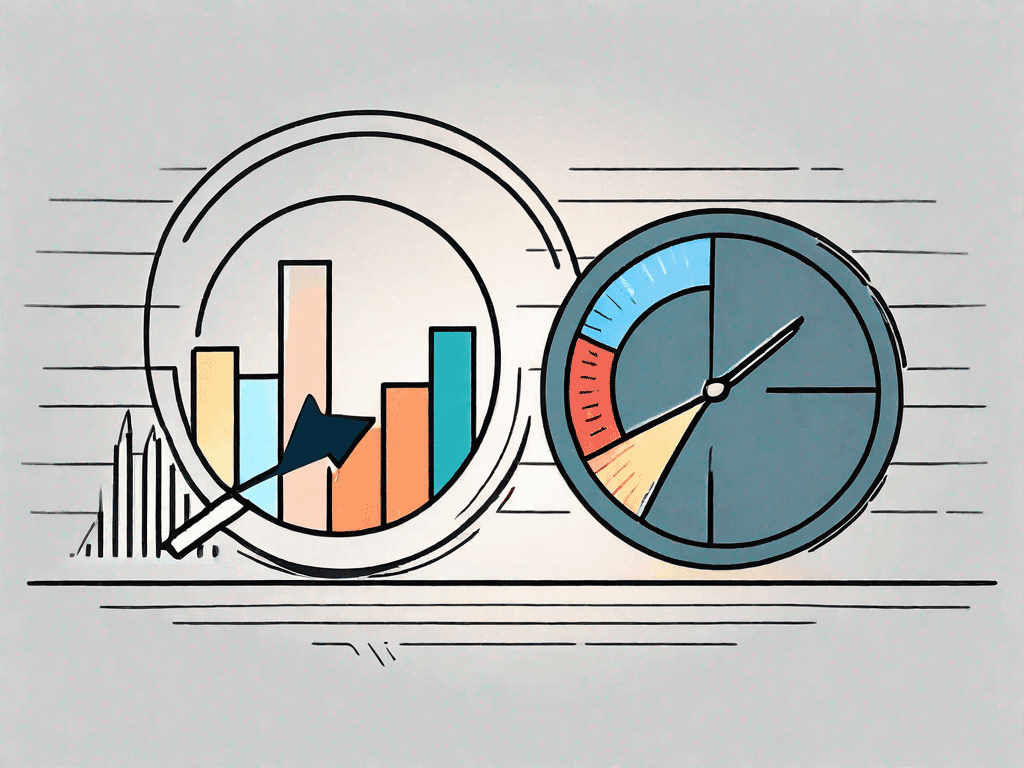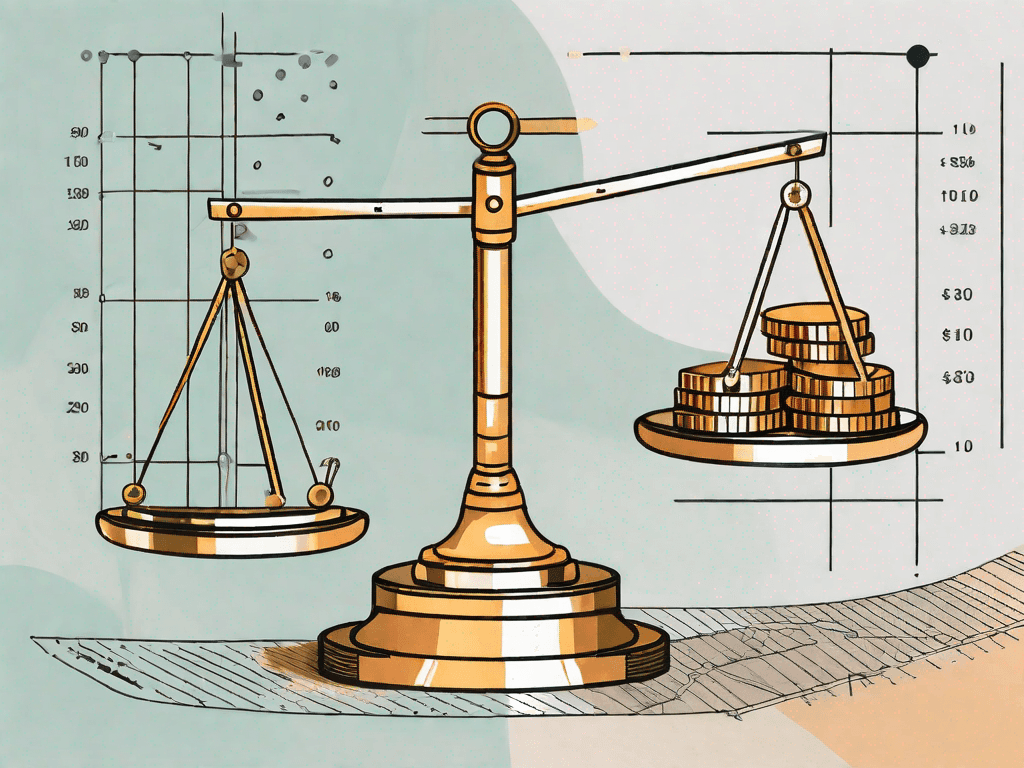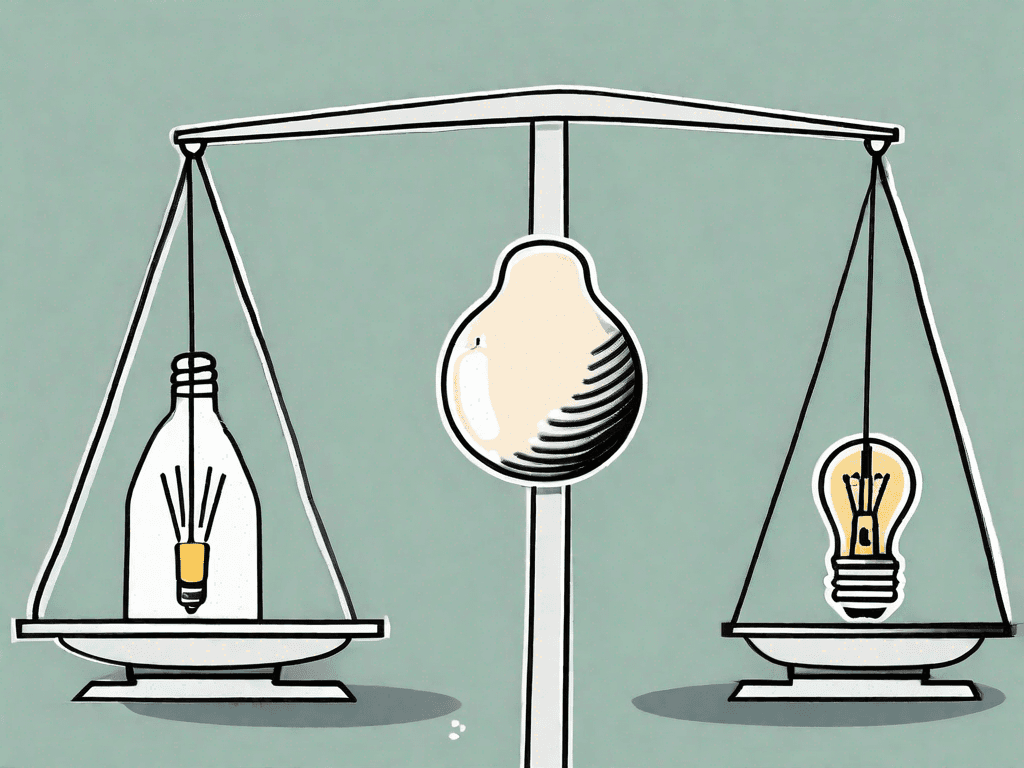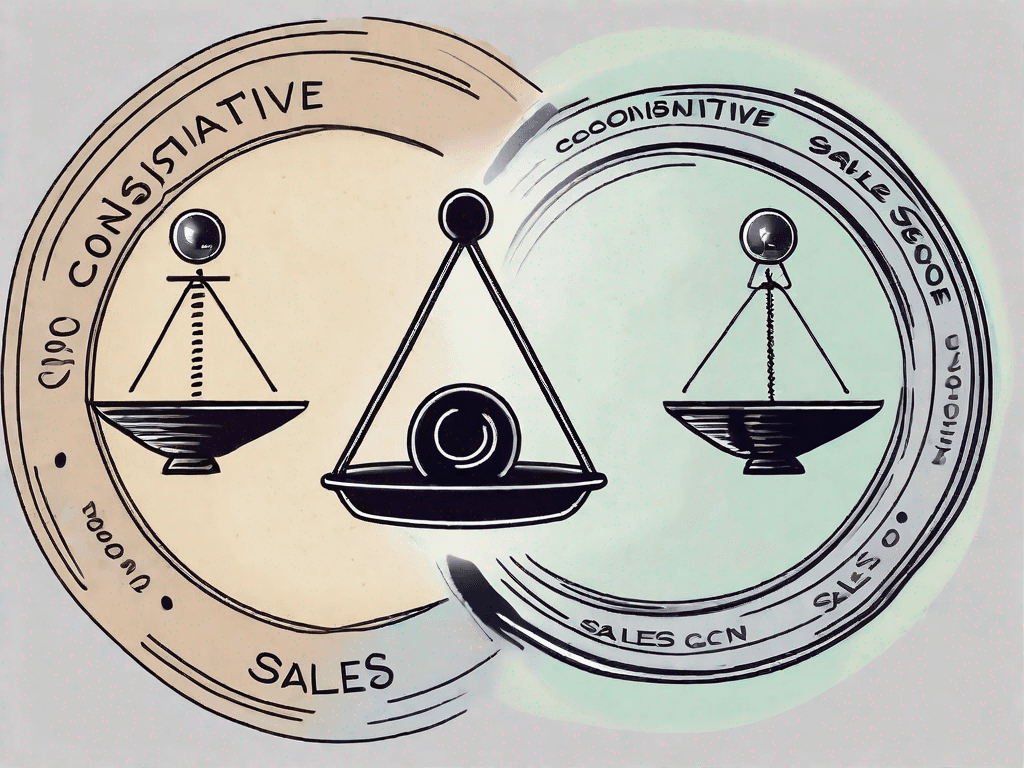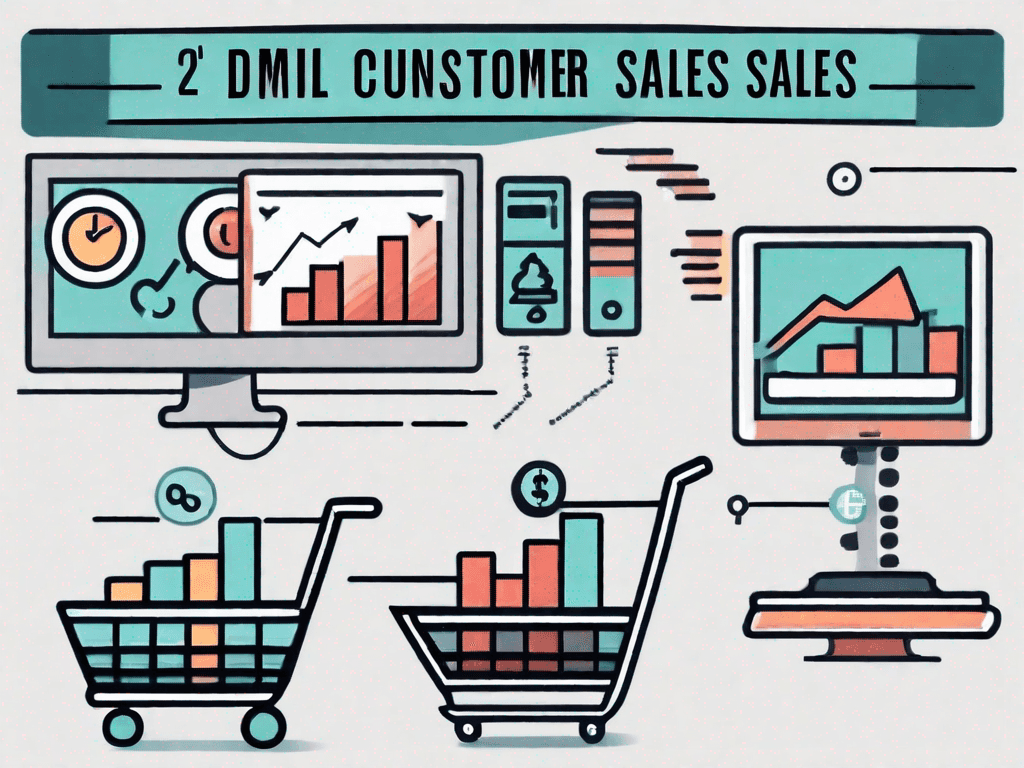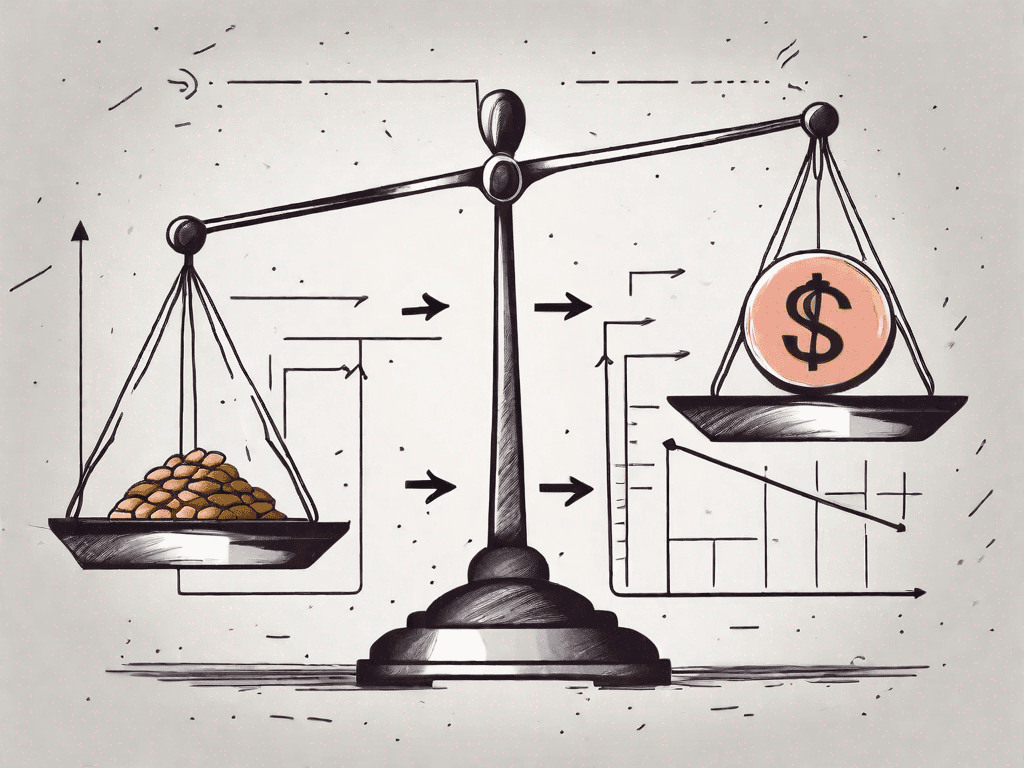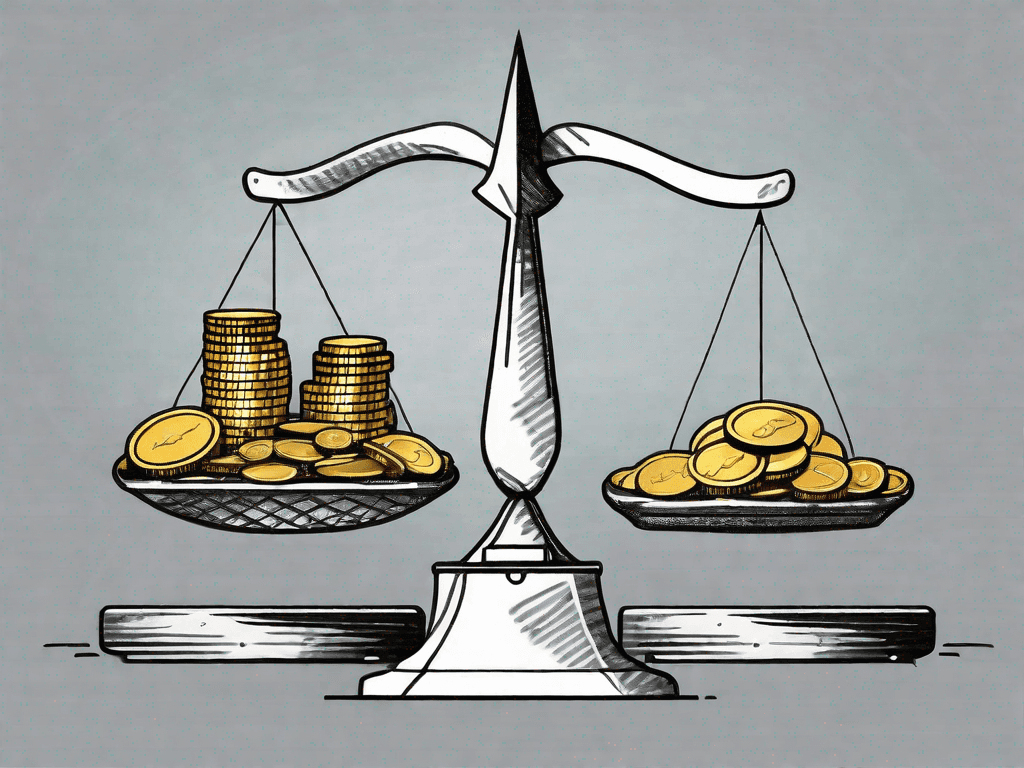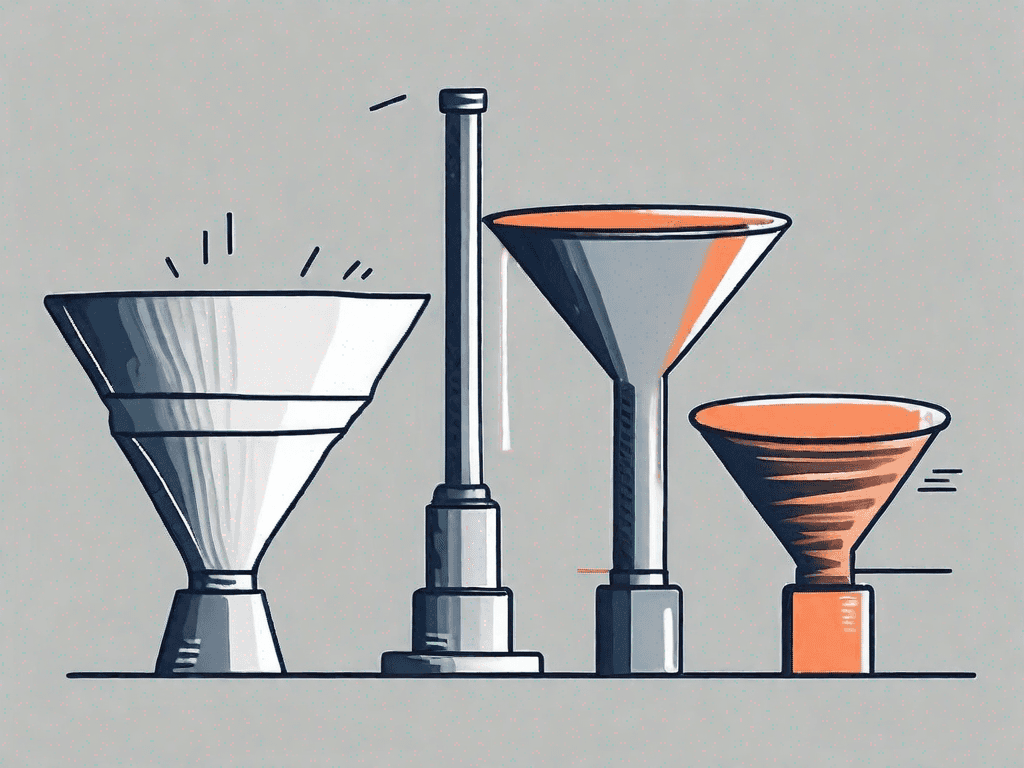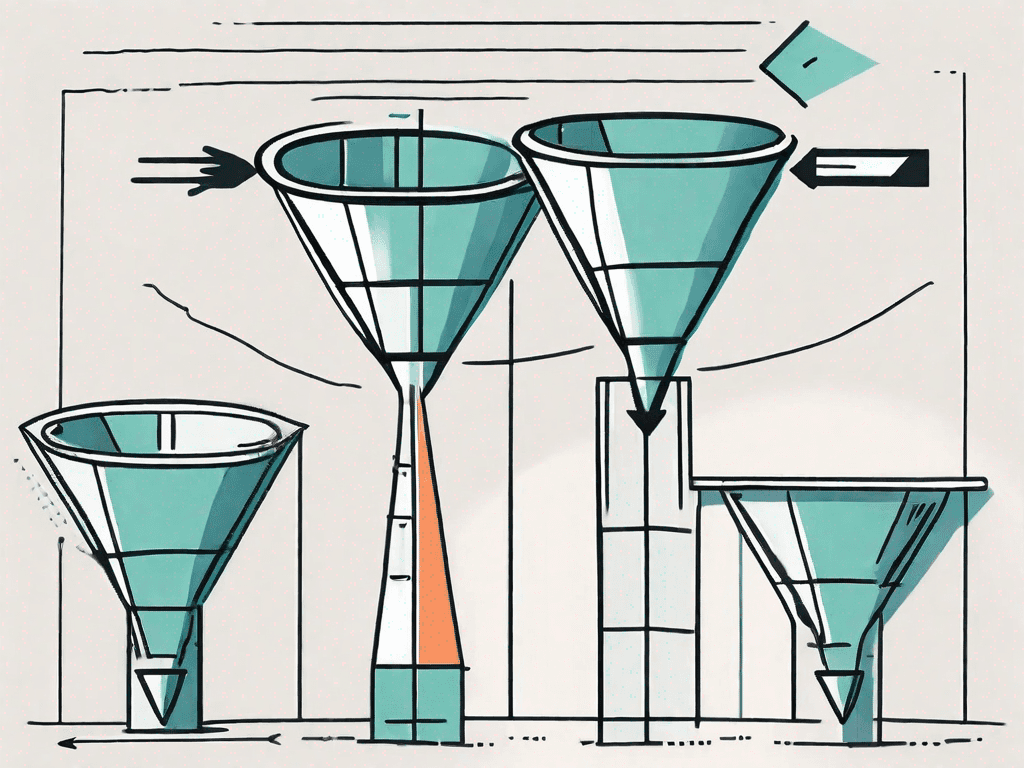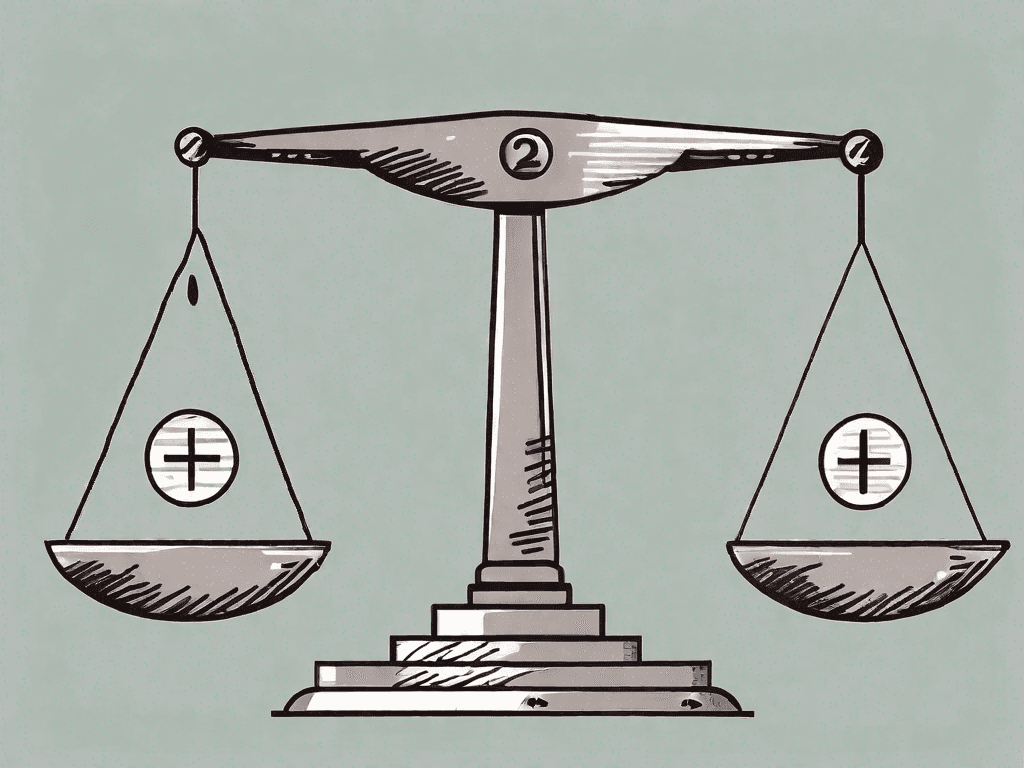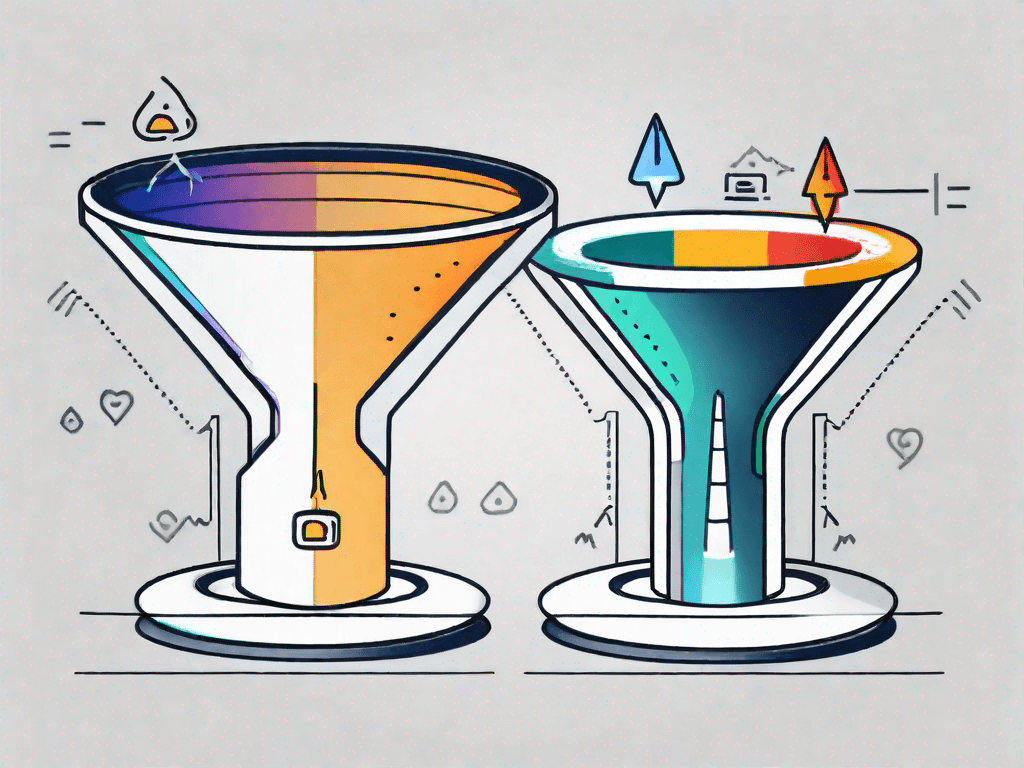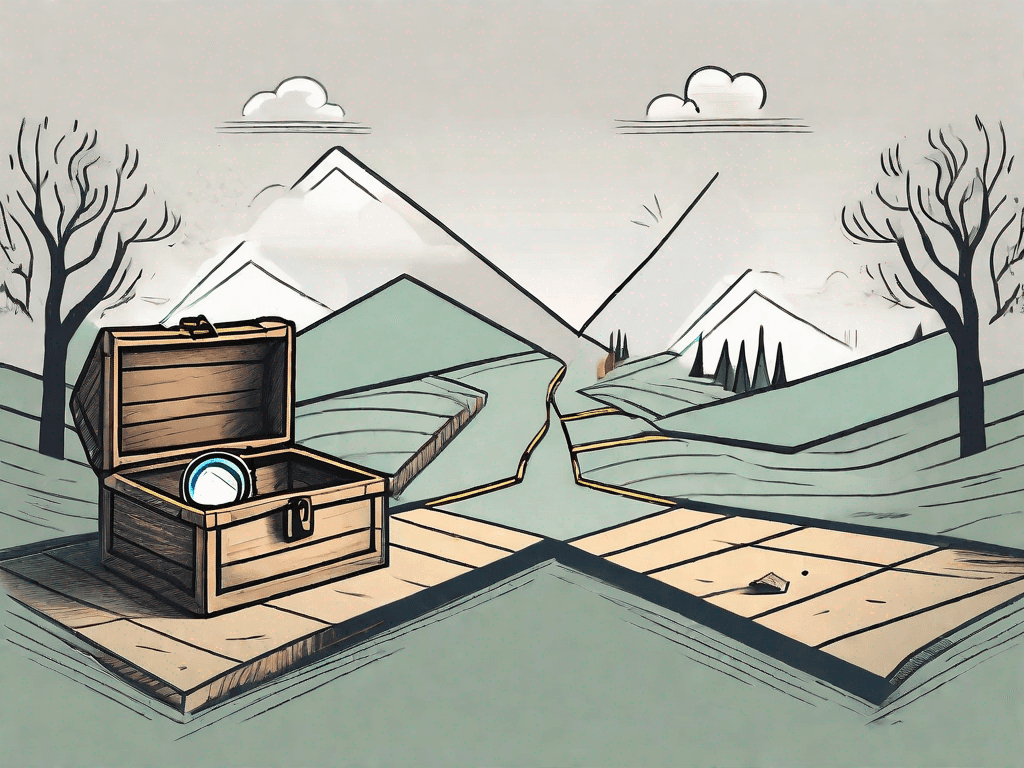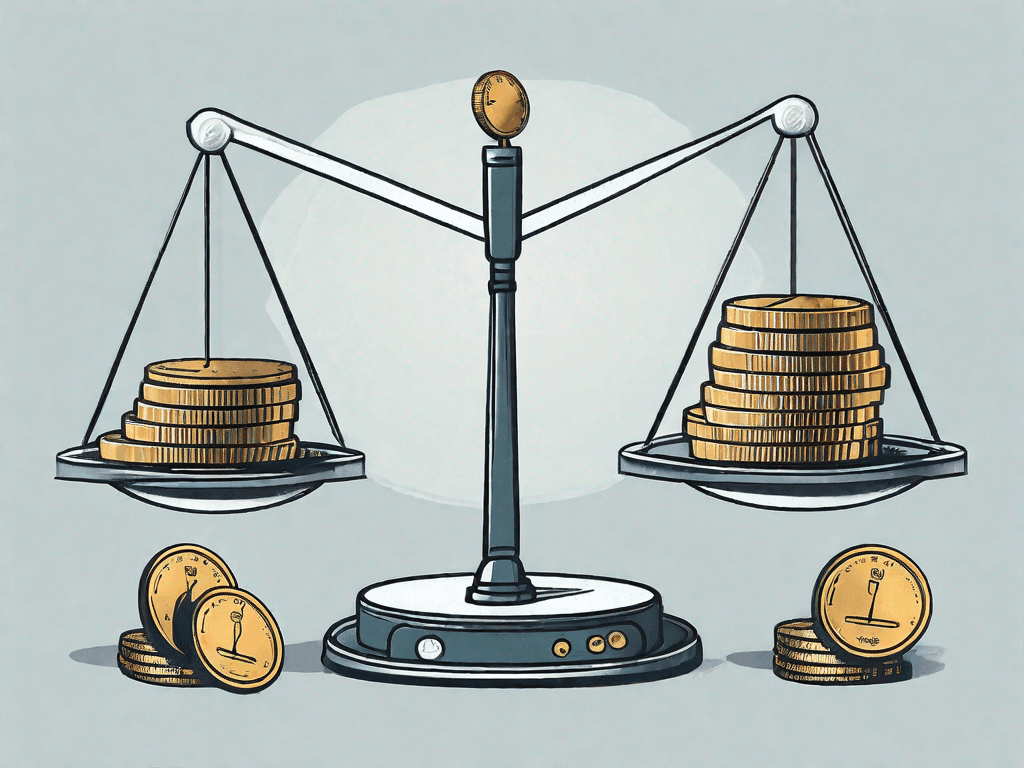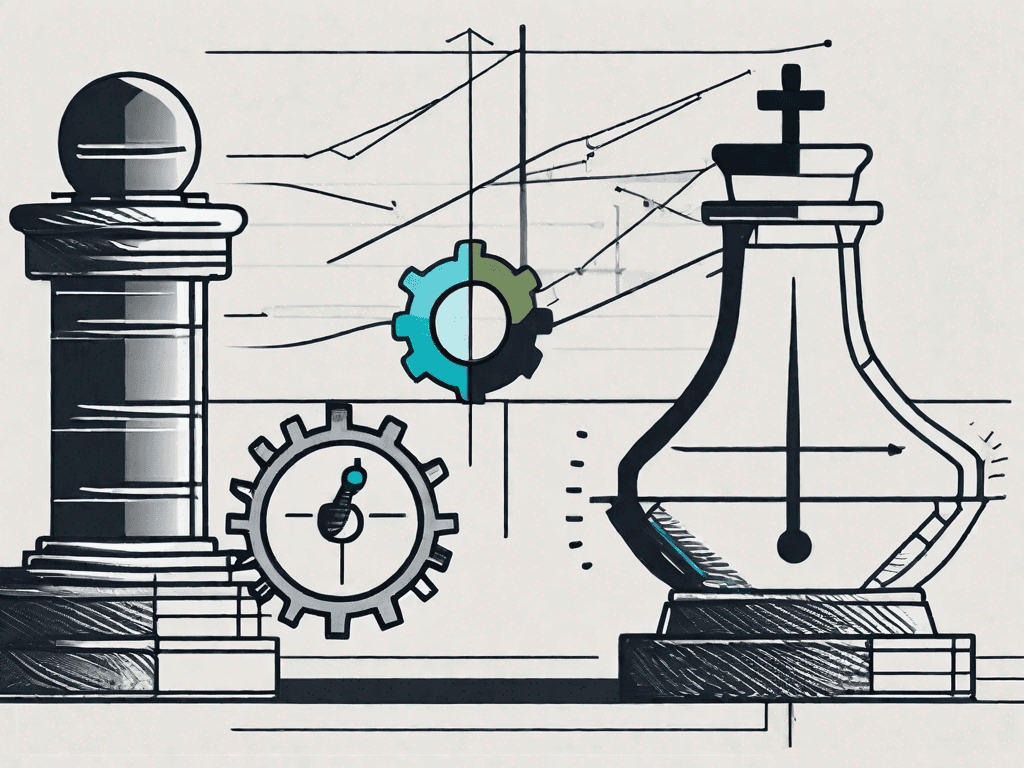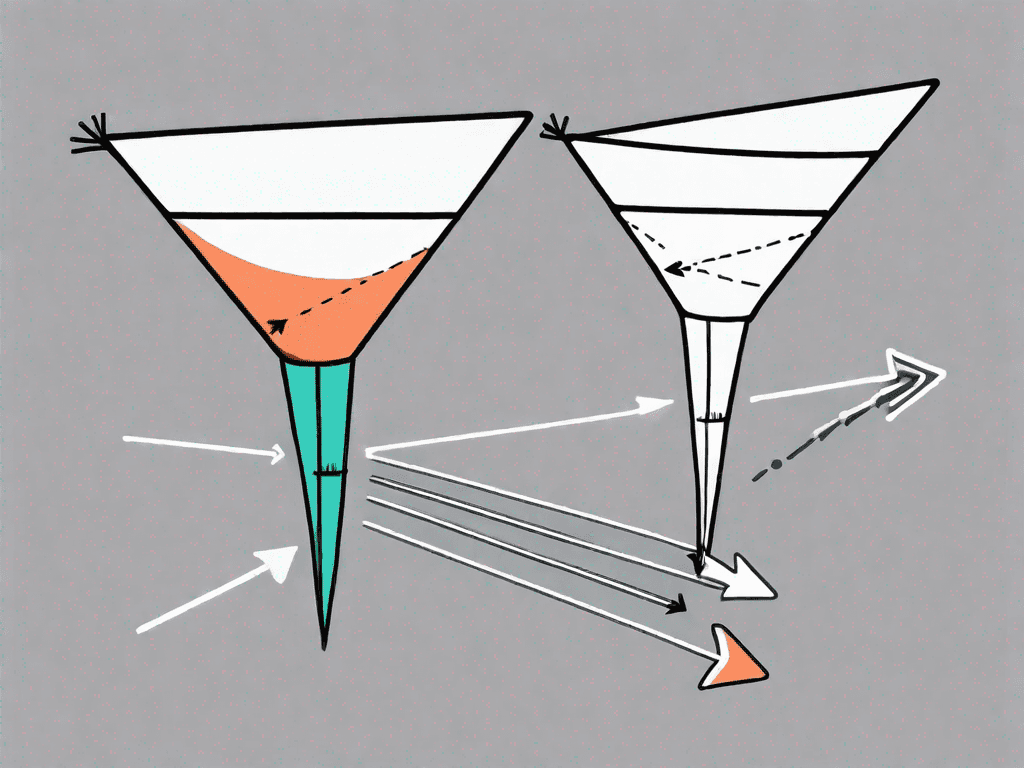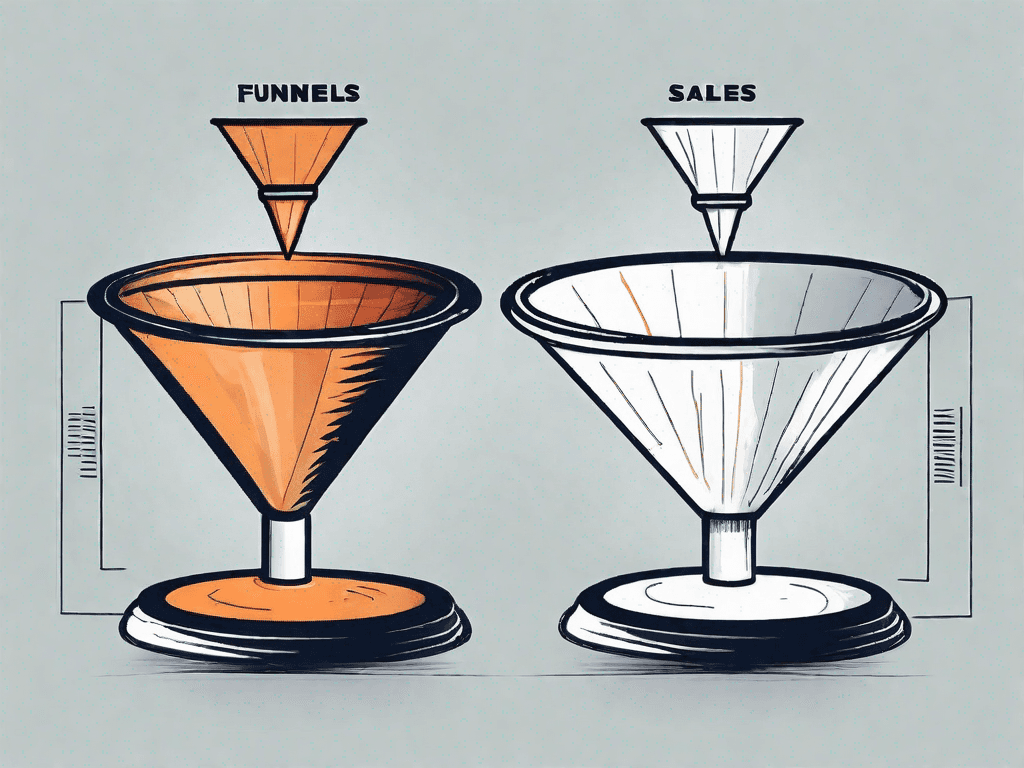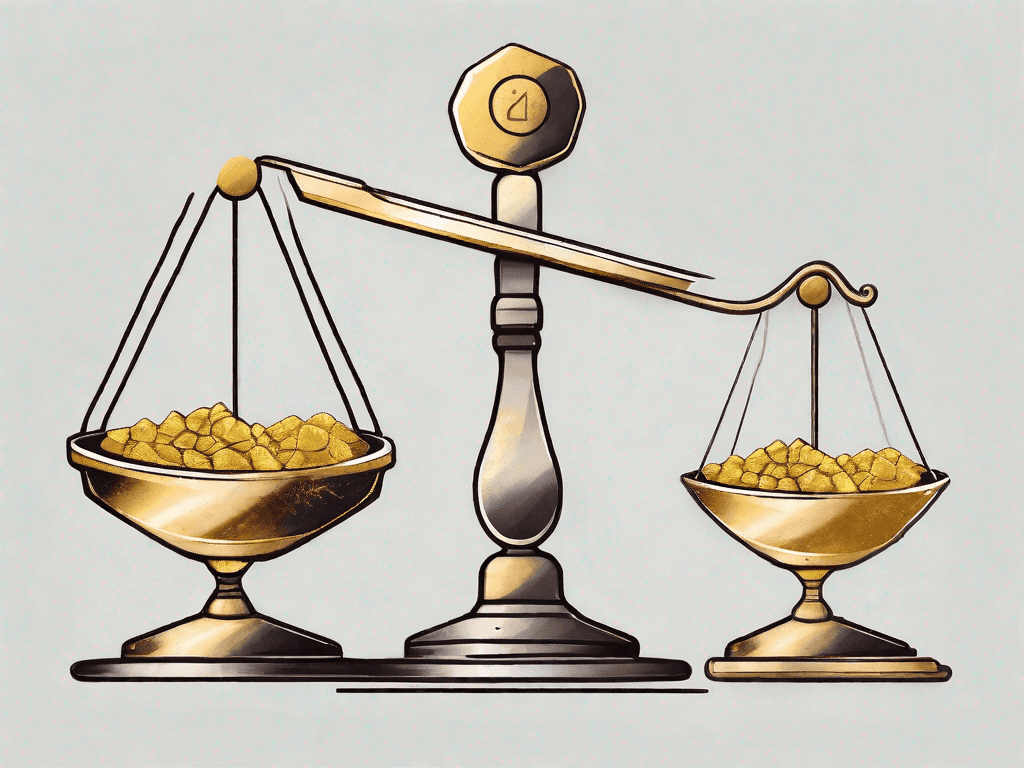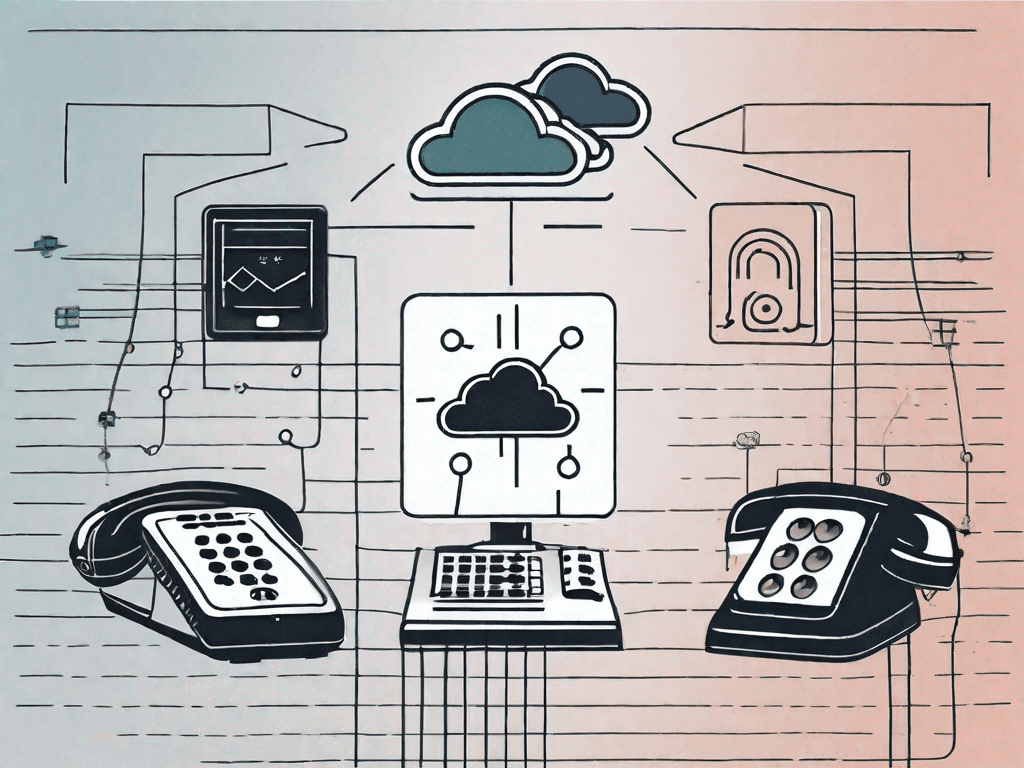
Sales Qualified Lead (SQL) vs. Sales Qualified Opportunity (SQO): What's the Difference?
In the world of sales, there are various terms and concepts that professionals need to understand and differentiate. Two commonly used terms are Sales Qualified Lead (SQL) and Sales Qualified Opportunity (SQO). While these terms may sound similar, they have different meanings and implications in the sales process. In this article, we will delve into the definitions of SQL and SQO, explore the differences between them, and provide real-world examples to illustrate these distinctions
Defining Sales Qualified Lead (SQL) and Sales Qualified Opportunity (SQO)
In order to understand the differences between SQL and SQO, it is crucial to first define each term individually.
What is a Sales Qualified Lead (SQL)?
A Sales Qualified Lead, commonly referred to as SQL, is a prospect who has indicated a certain level of interest or intent to purchase a product or service. SQLs possess specific characteristics that make them potential customers for the sales team to target. These characteristics can include demographic information, previous interactions with the company, or specific actions taken on the company's website or landing pages.
For example, let's say a company that sells software for project management receives a lead who has downloaded an e-book on effective project management strategies. This action demonstrates the lead's interest in the company's product and qualifies them as an SQL.
When a lead meets the criteria set by a company to be considered as an SQL, it signifies that they have moved beyond the initial stages of the sales funnel and are deemed more likely to convert into a paying customer.
Furthermore, SQLs are often nurtured through targeted marketing campaigns and personalized communication to increase the chances of conversion. This can involve sending them relevant content, inviting them to webinars or events, or providing them with exclusive offers.
What is a Sales Qualified Opportunity (SQO)?
A Sales Qualified Opportunity, also known as SQO, is a lead that has not only met the criteria of an SQL but has also been deemed as a potential opportunity for sales to close. SQOs have demonstrated a higher level of interest and engagement compared to other SQLs. They may have had interactions with the sales team and expressed a desire to move forward with the purchasing process.
For instance, let's consider the same software company. If an SQL has not only downloaded the e-book but also requested a demo of the software and engaged in a conversation with a sales representative, they would be classified as an SQO. This level of engagement indicates a stronger intent to purchase and a higher likelihood of conversion.
When a lead satisfies the conditions required to be classified as an SQO, the sales team recognizes that there is a higher likelihood of successfully closing a deal with this prospect. They will then focus their efforts on providing the necessary information, addressing any concerns, and guiding the lead through the final stages of the sales process.
It is important to note that not all SQLs will become SQOs. Some SQLs may not progress further due to various reasons such as budget constraints, changing priorities, or a mismatch between the lead's needs and the company's offerings. However, identifying and nurturing SQOs can significantly increase the sales team's efficiency and improve the overall conversion rate.
In conclusion, while both SQLs and SQOs represent leads with a higher likelihood of conversion, SQOs have demonstrated a stronger intent to purchase and are considered as potential opportunities for sales to close. By understanding the distinctions between these terms, companies can effectively prioritize their sales efforts and allocate resources accordingly.
What's the difference between a Sales Qualified Lead (SQL) and a Sales Qualified Opportunity (SQO)?
While both SQLs and SQOs represent potential customers in the sales pipeline, there are fundamental differences between the two.
The main distinction lies in the level of intent and engagement demonstrated by each lead category. SQLs have shown an initial interest in the product or service, allowing sales representatives to engage with them and further qualify their potential as customers. SQOs, on the other hand, have progressed beyond the SQL stage and have actively communicated their readiness to move forward in the buying process. This readiness sets SQOs apart as more immediate opportunities for sales to pursue.
Furthermore, SQLs are often identified through automated systems or marketing efforts, whereas SQOs typically require more direct involvement and personalized interactions with the sales team. This means that SQOs have gone through a vetting process by the sales team and are considered further along in the sales cycle.
Examples of the Difference between a Sales Qualified Lead (SQL) and a Sales Qualified Opportunity (SQO)
Example in a Startup Context
In a startup context, an SQL could be a website visitor who has signed up for a newsletter or downloaded a free resource. They have shown interest but may not be ready to make a purchase immediately. An SQO in this scenario would be a lead who has requested a demo or contacted the sales team with specific questions regarding pricing or implementation details. The SQO's intent to purchase is more apparent, making them a higher priority for the sales team to focus on converting.
Example in a Consulting Context
For a consulting firm, an SQL might be someone who has filled out a contact form on the firm's website to request more information. They have expressed interest but haven't taken any further steps in the process. An SQO could be a lead who has participated in an initial consultation call, demonstrating a deeper commitment and willingness to explore further engagements. The sales team would consider the SQO as a stronger opportunity that merits additional attention and resources.
Example in a Digital Marketing Agency Context
In the world of digital marketing agencies, an SQL could be a lead who has downloaded an e-book or signed up for a webinar. They have displayed an interest in the agency's services but haven't indicated immediate readiness to make a purchase. An SQO, in this case, could be a lead who has requested a proposal or engaged in multiple conversations with the agency's sales team. The SQO's interest and commitment to working with the agency have advanced beyond the SQL stage, warranting more dedicated efforts from the sales team.
Example with Analogies
To further illustrate the difference between SQLs and SQOs, consider the analogy of dating. An SQL would be someone who has shown initial interest in getting to know another person. They may have exchanged a few messages or gone on a casual date. However, an SQO would be someone who has expressed a deeper level of commitment, such as planning future dates, meeting family and friends, or discussing potential long-term goals together. Similarly, in the sales context, an SQL represents a lead at an earlier stage of interest, while an SQO signifies a lead ready for a more serious sales engagement.
In conclusion, understanding the difference between a Sales Qualified Lead (SQL) and a Sales Qualified Opportunity (SQO) is essential for sales professionals. By distinguishing these terms, sales teams can effectively prioritize their efforts, focusing on the most promising opportunities to secure conversions and drive revenue. Whether you're in a startup, consulting, or digital marketing agency, recognizing the contrasting characteristics of SQLs and SQOs enables sales teams to streamline their strategies and deliver more targeted and impactful sales approaches.











